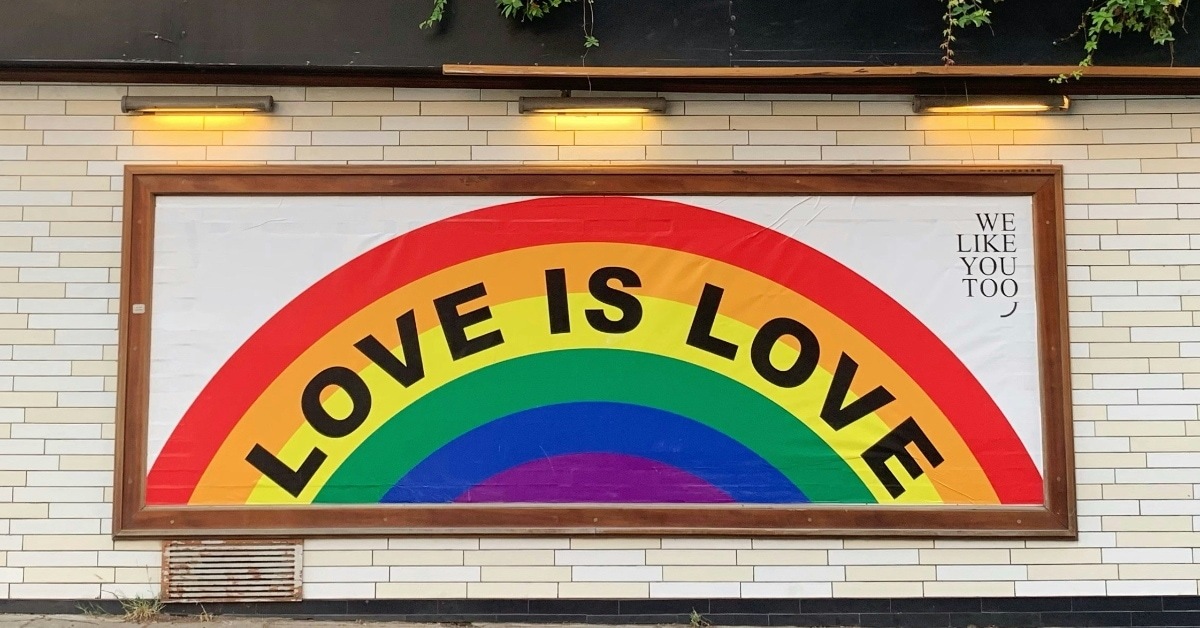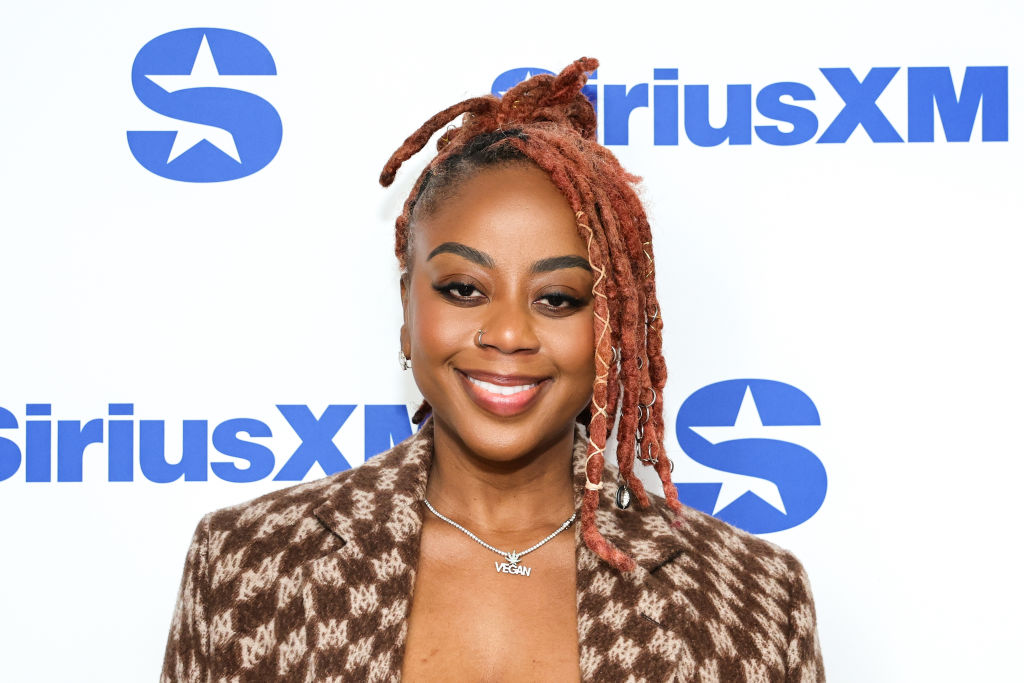Kecia Lewis Requests Apology From Patti LuPone For “Bullying” And “Racially Microaggressive” Comments Calling ‘Hell’s Kitchen’ “Too Loud”
Hell’s Kitchen star Kecia Lewis is speaking out after fellow Broadway star Patti LuPone went viral online for calling the musical “too loud.” In a five-minute video posted to social media, Lewis called LuPone’s actions “offensive,” “racially microaggresive,” “rude” and “rooted in privilege.” View this post on Instagram A post shared by Kecia Lewis (@therealkecialewis) [...] Read More... from Kecia Lewis Requests Apology From Patti LuPone For “Bullying” And “Racially Microaggressive” Comments Calling ‘Hell’s Kitchen’ “Too Loud” The post Kecia Lewis Requests Apology From Patti LuPone For “Bullying” And “Racially Microaggressive” Comments Calling ‘Hell’s Kitchen’ “Too Loud” appeared first on LOVEBSCOTT.


Hell’s Kitchen star Kecia Lewis is speaking out after fellow Broadway star Patti LuPone went viral online for calling the musical “too loud.”
In a five-minute video posted to social media, Lewis called LuPone’s actions “offensive,” “racially microaggresive,” “rude” and “rooted in privilege.”
Lewis specified that her message “is from me, not from the cast or crew or producers of Hell’s Kitchen. I am speaking for Keisha Lewis only.” She recounted several interactions between LuPone and the show — for which Lewis won a Tony this year — in which LuPone contacted the Hell’s Kitchen theater owner about changing several sound cues because “you found them to be too loud.”
LuPone’s play, The Roommate, is currently playing at the Shubert Theatre, which shares a wall with the Booth Theatre, which houses Hell’s Kitchen.
“After our sound design was adjusted, [you] sent flowers to our sound and stage management team thanking them,” Lewis added. She also played a clip of LuPone telling a fan she would not sign a Hell’s Kitchen playbill, because the show is “too loud.”
“I want to explain what a microaggression is,” Lewis said. “These are subtle, unintentional comments or actions that convey stereotypes, biases or negative assumptions about someone based on their race. Microaggressions can seem harmless or minor, but can accumulate and cause significant stress or discomfort for the recipient. Examples include calling a Black show loud in a way that dismisses it.”
She continued, “In our industry, language holds power and shapes perception, often in ways that we may not immediately realize. Referring to a predominantly Black Broadway show as loud can unintentionally reinforce harmful stereotypes, and it also feels dismissive of the artistry and the voices that are being celebrated on stage. Comments like these can be seen as racial microaggressions, which have a real impact on both artists and audiences. While gestures like sending thank you flowers may appear courteous, it was dismissive and out of touch, especially following a formal complaint that you made that resulted in the changes that impacted our entire production, primarily the people who have to go out on stage and perform.”
She went on to request collaboration between the two shows, which would mean “direct communication, respect for the work being done, and awareness of how actions resonate across diverse teams.”
Without the collaboration, Lewis said she considers LuPone’s actions bullying, and that “bullying in a professional setting can include exerting influence to disrupt using one’s status or connections to cause unnecessary changes to someone else’s work environment, such as requesting sound adjustments.”
She explained that “performative gestures are also bullying, and what I mean by that is by sending thank you flowers after impacting the production can be perceived as disingenuous, particularly if it sidesteps meaningful dialog or resolution.”
“I’d like to offer a couple of thoughtful questions for veterans such as yourself and including myself,” Lewis concluded. “How can I ensure that my feedback or my concerns are communicated in a way that is constructive and also, most importantly, respectful? How can I use my platform and experience to support diverse show teams promoting the idea that every production brings unique value to Broadway?”
Lewis said answering these questions “can help veterans such as yourself and myself included, reflect their influence within the Broadway community in a positive way and promote a culture of respect, empathy and inclusion” and that “on Broadway, we are not just neighbors, Ms. Capone, we’re a community that shares in each other’s artistry and challenges. Respect and collaboration are what keep us thriving and inspire the next generation.”
The post Kecia Lewis Requests Apology From Patti LuPone For “Bullying” And “Racially Microaggressive” Comments Calling ‘Hell’s Kitchen’ “Too Loud” appeared first on LOVEBSCOTT.












